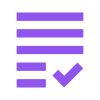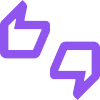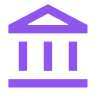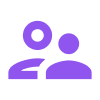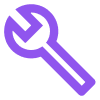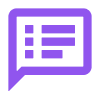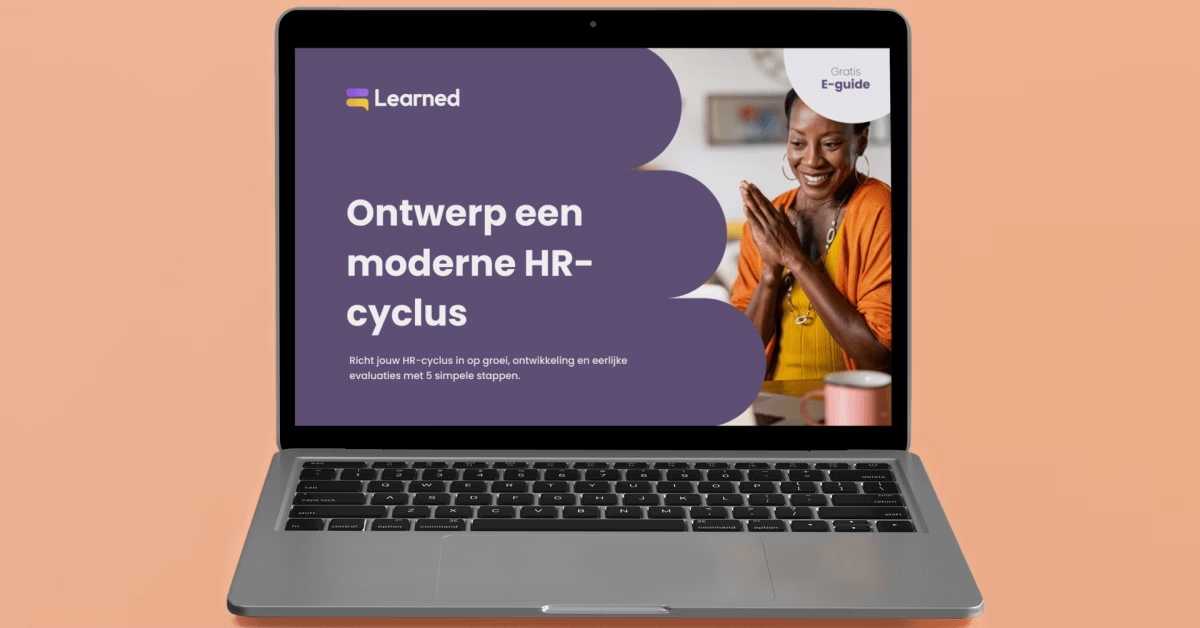The world of Human Resources (HR) is constantly evolving, driven by technological advances, changing employee expectations, and the evolving nature of work. In this blog, we examine the most prominent HR trends shaping the future of work. From the rise of remote working to the importance of inclusivity and well-being in the workplace, these trends are crucial for organizations that want to stay ahead.
1. Remote and Hybrid Working Models.
The pandemic has triggered an unprecedented shift to remote working, and many companies are now moving to hybrid models. This approach combines working from home with days in the office, giving employees flexibility and a better work-life balance. HR teams must develop strategies to support these models, such as investing in technology for virtual collaboration and revising policies around working hours and performance reviews.
2. Use of AI and Automation.
Artificial Intelligence (AI) and automation are transforming HR processes, from recruitment and selection to employee engagement. AI-driven analytics tools can help identify talent trends and improve the employee experience. However, it is important to keep ethical considerations in mind and ensure that technology supports human decision-making, not replaces it.
3. Focus on Diversity, Equity and Inclusion (DEI).
DEI is no longer a “nice to have,” but a “must have. A diverse and inclusive work environment not only improves corporate culture, but also contributes to better business results. HR professionals play a key role in promoting DEI initiatives such as unbiased hiring practices, inclusive corporate cultures and equity in career development.
4. Welfare and Mental Health
Employee well-being is increasingly central to HR policies. Organizations focus not only on physical health, but also on mental health. HR teams should develop wellness programs that include stress management, flexible working hours and access to mental health resources.
5. Lifelong Learning and Development
Rapid changes in the workplace require employees to continually develop. HR should promote lifelong learning and professional development through training, workshops and online courses. This not only helps employees stay current in their current roles, but also prepares them for future challenges and career opportunities.

Learned’s Performance Management software lets you measure employee performance throughout the year.
6. Employee Experience and Engagement
The employee experience, or employee experience, is becoming increasingly important. This includes everything from the onboarding experience to daily interactions at work. HR teams must implement strategies to increase employee engagement and satisfaction, such as regular feedback, recognition of performance, and building a strong company culture.




